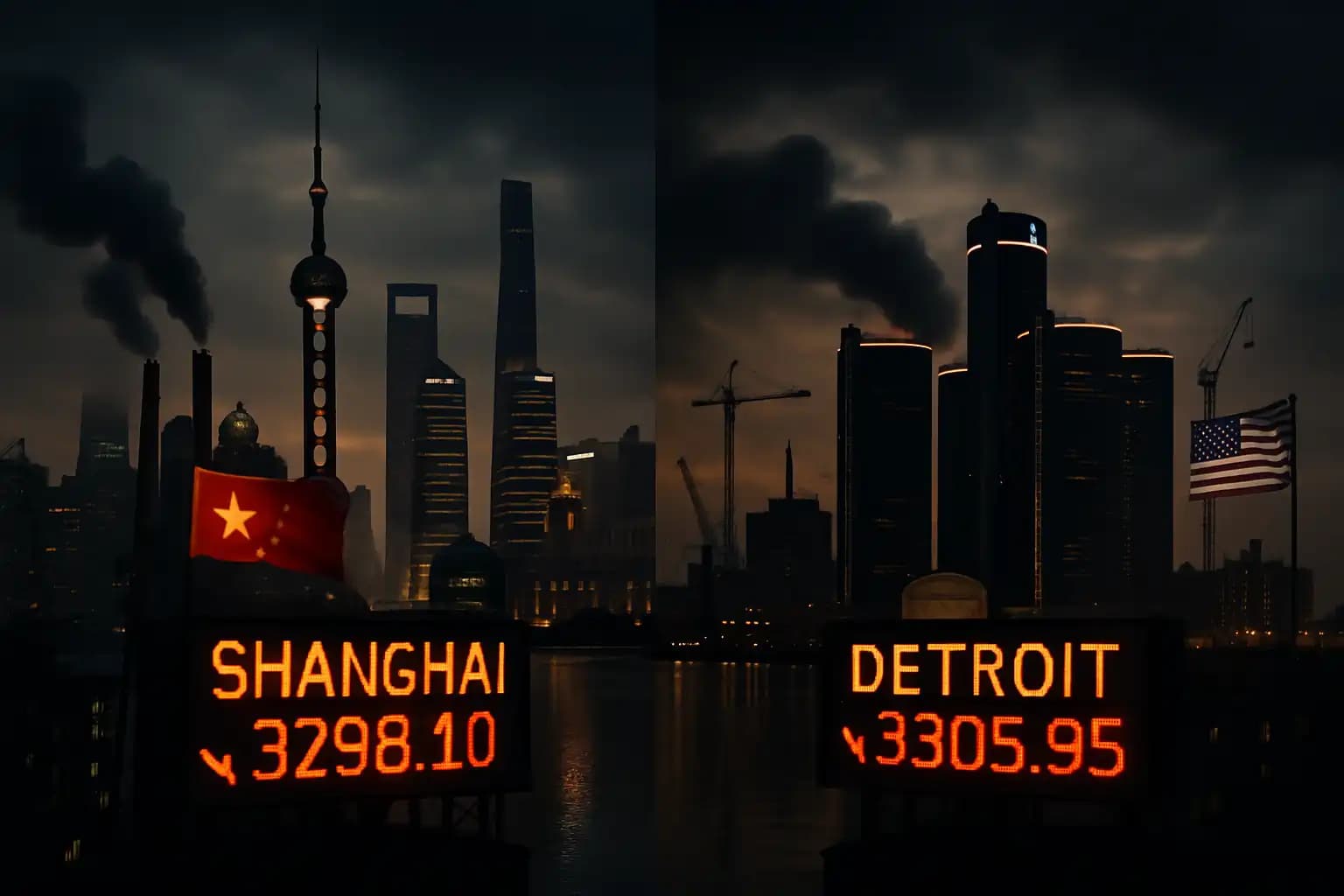The United States, once a staunch free-market advocate, now increasingly adopts China’s economic strategies. Industrial policies—subsidies, trade barriers, and state intervention—are now mainstream. The Biden administration’s CHIPS and Science Act and Inflation Reduction Act (IRA) received bipartisan support and significant funding, mirroring strategies developed by Beijing over decades. According to Foreign Policy, these policies aim to boost U.S. manufacturing, safeguard supply chains from geopolitical risks, and outpace China in emerging industries.
Subsidies, Semiconductors, and the China Template
The allure and danger of competition fueled by subsidies are evident. The 2022 CHIPS Act allocated $39 billion for semiconductor manufacturing, targeting firms like TSMC. Meanwhile, the IRA unleashed hundreds of billions in clean energy tax credits. As Foreign Policy notes, these programs specifically counteract China’s massive state spending. Yet, U.S. subsidies remain a small fraction of China’s substantial outlays. The CHIPS Act is outmatched by China’s threefold spending on advanced chips, yet private manufacturing investment in the U.S. has surged, energizing strategic sectors and boosting the domestic economy.
This industrial reshape carries risks. Subsidy races can breed overcapacity and market distortions, impacting global partners. Experts and critics of American dirigisme express fears about these unintended consequences in this geopolitical analysis.
State Capitalism: A Model or a Mirage?
The shift toward state capitalism signals a break from American tradition. According to the standard economic literature, state capitalism involves government steering of major industries and directing investments, aiming to utilize market forces for national objectives. China exemplifies this system, combining market incentives with strong state planning and creating national champions at competitors’ expense.
Critics, from Milton Friedman to modern economists, caution that when governments choose winners—through subsidies, regulations, or ownership—market forces weaken. Competition diminishes while capital allocation becomes politicized. Recent U.S. policy shifts raise concerns that America may inherit not only China’s industrial strength but also its inefficiencies and vulnerabilities. Visible impacts include a sharp shift in American investment toward semiconductor fabs and clean technology, mirroring models in China that sometimes resulted in unsustainable debt and overcapacity.
2024 Policy Impacts: Private Sector Booms, Long-Term Questions
Has the economic playbook succeeded? The results are mixed. A RAND Corporation report indicates that “Bidenomics” has triggered a substantial rise in private manufacturing construction, offsetting pandemic-related declines in other sectors and boosting short-term growth. However, the report highlights cautionary tales from China: state interventions can lead to debt-driven bubbles or underutilized industries. China faced crises in 2023/24 when government efforts to support failing firms only concealed deeper weaknesses. U.S. policymakers are striving to avoid these dangers with stricter safeguards, yet the conflict between fostering innovation and crowding out market dynamism remains unresolved, especially in the electric vehicle sector—a hotbed of IRA subsidies and international tensions.
This era of radical economic experimentation reflects earlier waves of urgent government actions seen in disaster preparedness campaigns or technological “Sputnik moments.” Archival risk reporting, such as this breakdown on emergency preparedness and science-driven scenario analysis, illustrates the broader cultural mood driving today’s state-led initiatives.
Global Trade, Market Competition, and the Capitalism Debate
The repercussions of state capitalism extend beyond U.S. borders. As Washington implements policies previously criticized as “picking winners,” allies and rivals scramble to mitigate the consequences of a global subsidy race. Europe, Japan, and South Korea voice concerns that U.S. clean energy credits and “friend-shoring” could disrupt existing trade systems, as noted by major global policy journals and domestic think tanks. The core worry? When the largest capitalist economy blurs public-private boundaries, it may undermine the global order that it historically championed, making American-style capitalism less distinct from China’s alternatives.
What implications does this have for markets and the American way of life? The current boom might mask long-term threats to competition, innovation, and U.S. moral authority within global capitalism. For a deeper dive into shadow systems, backchannel dealings, and cultural impacts of economic changes, refer to explorations such as this psychological and real estate analysis and discussions on civil-military fusion trends.
For ongoing insights into regulatory disruptions, state-market tensions, and whether capitalism can adapt, follow leaders in the newsroom and trusted sources like Unexplained.co.





